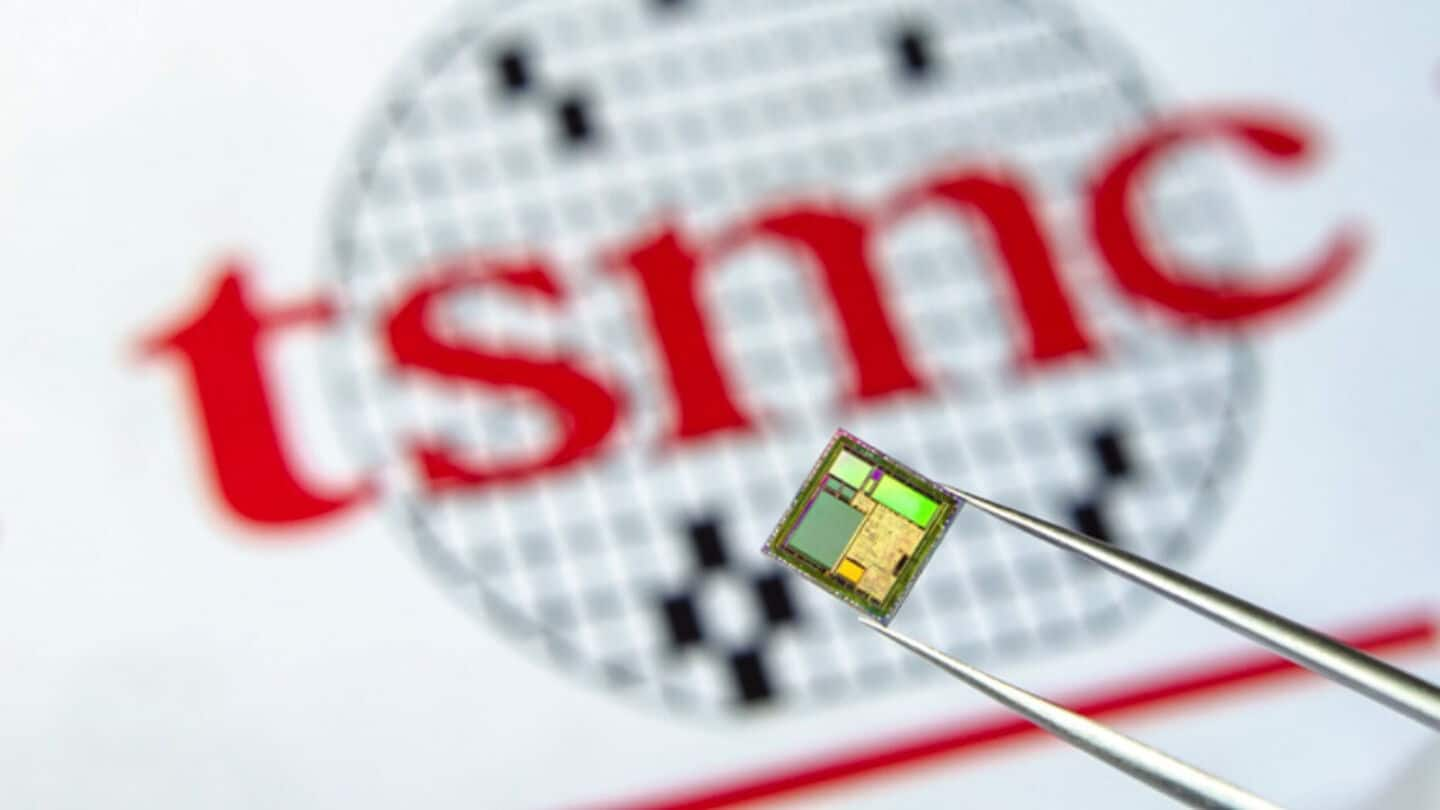
US has made chipmaking in China difficult for TSMC
What's the story
The United States has revoked Taiwan Semiconductor Manufacturing Company's (TSMC) authorization to freely ship essential equipment to its chipmaking facility in China. The move could affect production capabilities at the older-generation plant. American officials recently informed TSMC about their decision to end the Taiwanese company's validated end user (VEU) status for its Nanjing site.
Company statement
TSMC is assessing the situation
In response to the US's decision, TSMC said, "TSMC has received notification from the US Government that our VEU authorization for TSMC Nanjing will be revoked effective December 31, 2025." The company added it is assessing the situation and taking necessary actions such as engaging with the US government. Despite these challenges, TSMC remains committed to ensuring uninterrupted operations at its Nanjing facility.
Industry impact
Impact on other semiconductor companies
The US's decision impacts the operations of major semiconductor companies in China, including Samsung and SK Hynix. These firms are from two chipmaking powerhouses that are also US allies. Although US officials have said they will issue licenses needed to keep those facilities operational, the transition from blanket permission to individual approvals raises uncertainty about wait times for securing those permits.
Production scale
TSMC's Nanjing site contributed small fraction of revenue
Compared to Samsung and SK Hynix, which have a large part of their production in China, TSMC's manufacturing footprint in the country is relatively small. The company's Nanjing site started production in 2018 and contributed only a small fraction of TSMC's total revenue last year. The facility houses technology as advanced as 16-nanometer, commercially available over a decade ago.
Regulatory changes
Why did the US impose restrictions?
The US has broadly restricted China's access to American materials and equipment that could be used for advanced chip production. These export controls target not just Chinese companies but also facilities physically located in the country, including those of Samsung, SK Hynix, and TSMC. Under former President Joe Biden's administration, these companies had received a waiver to continue shipments to their China facilities as long as they met security requirements, and provided certain information to the US government.